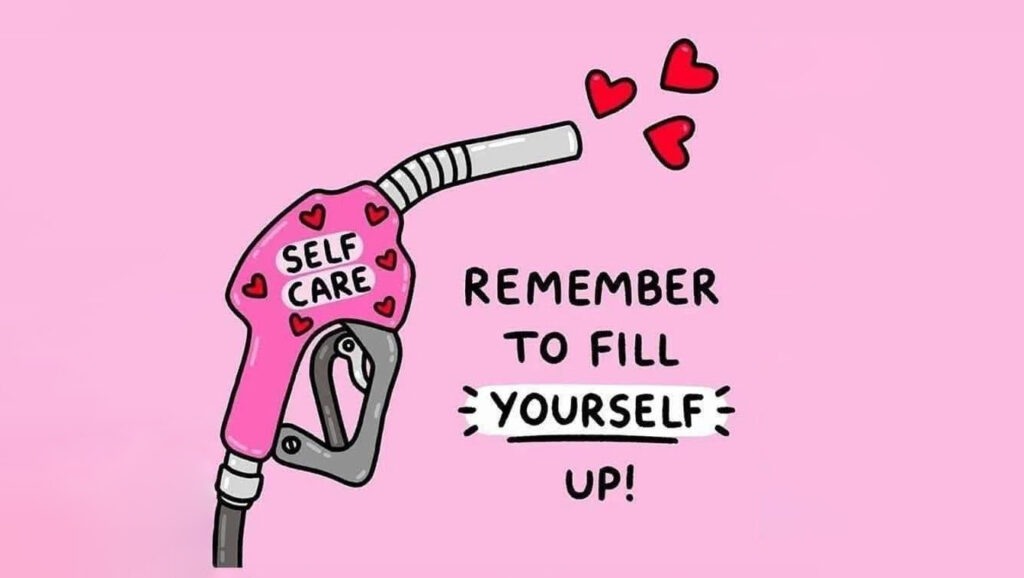Congratulations! This is a precious and joyful time of life that you will always cherish and look back on with fondness. While there are many moments of romance and fun, where you’re making googly-eyes at each other and soaking in the excitement of what you’re building together, the whirlwind of change, shared responsibility, expectations, and the reality of what’s to come can be the source of stress and tension as you figure out how to smooth some edges and fit together in a new, joint life.
We’ve put together a list of 10 key tips that will help you grow together, maximizing pleasant moments and minimizing stressful ones. But before we get into that, we’ll lay the groundwork by sharing the most important truth: communication is key! This is a period of having all kinds of conversations – they may be challenging, uncomfortable, or just plain not sexy. Throughout it all, it’s important to be open and honest with each other – share everything from your desires and dreams to your expectations and fears. Effective communication builds trust and strengthens your relationship. And as you go, communicate about how you want to communicate! Discuss how you’ll communicate effectively, resolve conflicts, and express needs and concerns in a respectful manner. As time goes on and your relationship deepens and progresses, you will find ample practical opportunities to live out what you discuss, and in the process, you will learn to understand each other’s communication styles, preferences, and tendencies.
Now that we’ve oriented our starting position, let’s get into it!
- Invest in Your Relationship
Prioritize your relationship by investing time and effort into maintaining a strong connection. Talking and deepening your understanding of each other is an excellent practice to stay regular with, but you can also enhance your connection by participating in marriage enriching programs, including courses, events, retreats, and seminars, as well as couples’ therapy to explore your relationship dynamics, identify potential areas of conflict, and learn effective communication and problem-solving skills.
Consider this your official warning against getting so swept up in wedding planning that it becomes the meat and potatoes of your conversations! It’s crucial that you make time for quality time. Schedule regular date nights and activities that you both enjoy to keep the romance alive. Keep nurturing your emotional connection by expressing appreciation, showing affection, and actively listening to each other. Small gestures of love and support go a long way in maintaining a strong bond.
- Compromise
Remember that you’re a team now, and compromises are part of any healthy relationship. Be willing to meet halfway and find solutions that work for both of you. Recognize that you will need to leave some of your preferences behind for the sake of your partner, and they will do the same for you. At the same time, identify hard lines and communicate boundaries so you both have the opportunity to feel heard and acknowledged and that there is enough space between you for both of you. By merging your lives, you’re creating a new living system, and it’s up to the both of you to develop it with kindness and empathy for each other and your habits – and compromise is a great lubricant in this process!
- Understand Each Other’s Cultural and Social Backgrounds
Explore each other’s cultural backgrounds, traditions, and values. Discuss how you’ll integrate or celebrate cultural differences within your relationship and future family life. If you come from different backgrounds, identify the traditions that you both would like to carry forward, and how they can fit together. Talk about each other’s cultural norms and expectations to avoid any misunderstandings or missteps that come from a lack of knowledge in this arena. A huge benefit to this discussion is that you will feel closer to each other and gain more colour about how you both came to be the people that you are. Who wouldn’t want to add a new layer to how they love their partner?!
- Deep-Dive into Your Worldviews and Religious and Spiritual Beliefs
We all have a set of values and beliefs that help shape our worldview. Don’t take for granted that you’re going to be on the same page with these. Share your beliefs, values, and expectations regarding religion and spirituality. Is faith important to one or both of you? Discuss how you’ll incorporate these aspects into your relationship, family life, and potential future family traditions.
- Discuss and Set Your Goals and Plans Together
A beautiful part of joining your lives is the opportunity to support each other in achieving your goals. Here’s a helpful rule to live by: make your plans and keep a loose grip.
As you discuss your future, plan your key areas of growth together. This will help you align your visions and work towards common objectives. Remember that your wedding day is not the finale; it’s the premiere. Share your ideas about your long-term goals and aspirations as a couple. Here are a couple of key areas to consider:
Family Planning: Have a conversation about your views on starting a family, including the desired number of children, timing, parenting styles, and any fertility concerns. It’s important to be aligned on such a significant life decision before tying the knot.
Financial Planning: Start discussing your finances early on. Create a budget together, talk about spending habits and priorities, savings, investments, and any debts you may have. It may be helpful to create a realistic household budget that reflects your combined income and expenses. Don’t forget to factor in new expenses that may arise after marriage, like rent or mortgage payments, utilities, groceries, and insurance premiums. It’s crucial to be on the same page financially to avoid conflicts down the road. Decide on the logistics of handling the finances once you’re married. Will you merge all your accounts, keep them separate, or use a combination of both? Will one person be the CFO, or will your management be divided among the both of you? If divided, what does that look like? No question is too granular – ask and answer as many as you can, with the understanding that things will continue to evolve once married life begins.
- Establish Boundaries with Families
Have conversations about setting clear boundaries (and how you plan to do so) with both sets of families regarding regular visits, holidays, traditions, and other expectations. Discuss how you plan to handle if family members struggle to respect these boundaries. Share your ideas about your priorities when it comes to each other versus familial obligations. Uncovering your understanding and expectations about these things can help prevent conflicts and ensure that you and your partner are (or get) on the same page.
- Discuss Roles and Responsibilities
Planning a wedding can be overwhelming, so don’t hesitate to delegate tasks to each other or even enlist the help of family and friends. It’s important to work together as a team to create your special day.
Beyond the wedding day, talk about how you’ll divide household chores, decision-making, career responsibilities, and other roles once you’re married. Establishing clear boundaries (there it is again) and sharing responsibilities can prevent misunderstandings and resentment later on.
- Discuss Career and Education
You may be tempted to think that each of your careers are going to remain a personal pursuit, but everything person becomes shared to the extent that you become shared. Take the time to talk about your career aspirations and details of your work; how stable is your job? How do you intent to handle if someone loses their job unexpectedly? Do you anticipate needing to relocate at some point? Would you be willing to do so? How about furthering your education? You get the gist! Leave no stone unturned when it comes to how your careers can impact your future together.
- Discuss Intimacy and Romance
Talk about your expectations and preferences regarding physical intimacy, emotional connection, and romance within the relationship. Discuss how you’ll nurture your connection and keep the spark alive over time. It is important to acknowledge that the passion at the start of any relationship eventually wanes to give way to the stronger, deeper, and more stable bond of companionate love. That, however, doesn’t mean the romance is dead or the love has gone stale; it does mean, though, that you have to work together to intentionally inject moments of romance into your relationship. Take the time to talk about what this means to both of you and how you plan to communicate about it when you’re feeling a lack of romance and would like to spruce things up in order to avoid hard feelings and the development of resentment.
- Discuss Health and Wellness
Share information about your health history, lifestyle habits, and wellness goals. Discuss how you’ll support each other’s physical and mental well-being, including exercise routines, healthy eating habits, and managing stress. Everyone has different wellness routines, so discussing this dimension will help you identify points of overlap and shared interests, as well as key differences. You can use these opportunities to talk about how you can support each other in your areas of difference to encourage each other to maintain the health habits that make you feel good, strong, and most like yourselves.
We want to highlight the most important paradigm shift as you more into marriage: getting married means that your life is no longer about you; it’s about your partner and your future family. Your main responsibility now is to live for your partner, as theirs is to live for you. This means that you must work on trusting them to fulfil your needs, and so you don’t need to worry about making sure your needs are fulfilled – your concern now is fulfilling theirs! Navigate this with discernment; if you feel that your needs aren’t being met, communicate that with love and respect. But if you both commit to living for each other, eyes always on the other, concerned with increasing their joy and being the source of their satisfaction, you’re sure to live a life of deep contentment and ever-growing love.
From all of us at Elpizo, congratulations again! We wish you nothing but love in your journey together to marriage.
Writen by Olivia Botros, Registered Psychotherapist (Q)






